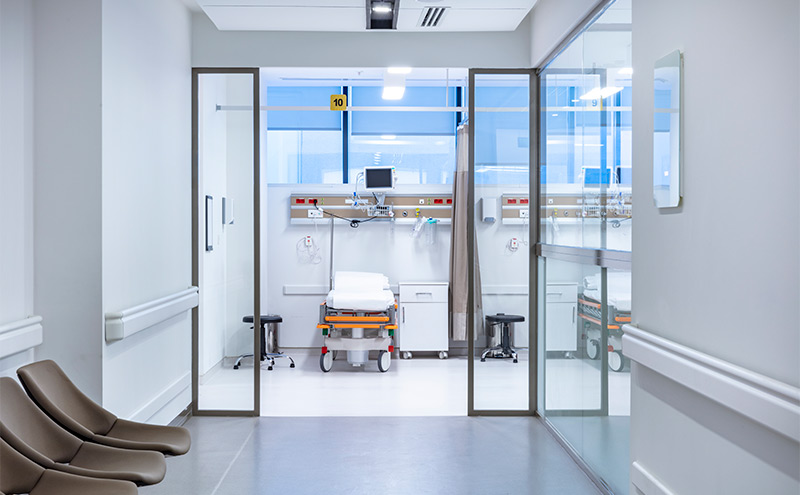
Why did I choose EM? Three 12’s and no Beeper.
A pretty common reason you or many of your colleagues joined the field. Besides it being the greatest specialty of course. However, the flexibility shift work affords comes at a price.
A 2008 ABEM study found that 43% of EM physicians contemplated leaving EM due to night shifts and 51% reported negative health and well being effects. An ACEP statement maintains that the adverse effect of constantly rotating shifts is the single most important reason given for premature attrition in the field.
Whoa
Shift work has been linked to hypertension, lower fertility, GI ulcers, metabolic syndrome, type 2 diabetes, decreased immune system and higher rates of cardiovascular mortality and car accidents.
As if that’s not enough compared to the normal “9-5 worker,” shift workers chronically exhibit higher rate of irritability, exhaustion, depression, aggressive behavior, and poorer levels of performance, incoordination, and impaired complex task learning.
Basically shift work wreaks havoc on our bodies.
An emergency physician by the name of Paul Austin highlighted very well what most of us feel walking into a night shift in his book ‘Something for the Pain.’ “I’ve been an attending physician for ten years and nights are still scary. No one works as efficiently at night as they do during the day. The Exxon Valdez oil spill, the Three Mile Island meltdown, and the Bhopal Plant Explosion all happened on the night shift. I just want to make it to daylight without hurting someone.”
So shift work is bad for us, but it’s not going away. In fact many traditional daytime functions are now expected 24/7. Even more reason for this discussion. Below are some strategies to maximize good quality sleep and minimize the harmful effects of shift work.
Daily Habits
- When shifting from nights back to days go to sleep as soon as possible after your last shift ends and get up after 4 hours. This will restore you enough to salvage the day, while leaving you tired enough to sleep that night. Sleeping more than 4 hours will retard the sleep cycle that night, causing loss of REM sleep.
- Avoid naps unless absolutely necessary. Naps are best during natural metabolic troughs (2-3PM and 2-4AM). Don’t nap more than 1 hour, it can cause sleep inertia (that groggy feeling you get after sleeping too long).
- Be selfish with your sleep. Take time for family, friends and hobbies before your shift, but let those around you know your schedule and how important it is to sleep.
- When transitioning from days to nights try to keep up with “anchor sleep.” Anchor sleep is a few hours almost every night that your body is asleep. For instance if you sleep 10-6 during the week and 1-9 on the weekend, 1-5 is your anchor sleep, and your body can always rely on sleep between 1 and 5. Your body craves for that consistency. Everyone has a different transitioning method but by sleeping close to your normal times the night before, having minimal caffeine in the morning, then taking a nap in a cool, quiet, blacked out room your body has a better chance of naturally transitioning.
Food and Drugs
- Avoid caffeine within 6-8 hours of bedtime
- Low doses of non-habit forming sleep aids such as melatonin and Benadryl are a safe alternative sleep aid. Melatonin is thought to help reset circadian rhythms
- Alcohol and fatty foods cause fragmented sleep (more time in stage 2 sleep), avoid them when working nights.
Falling Asleep
- Avoid computer, phone and TV screens before bed. The light spectrum they emit can suppress melatonin.
- Get blackout curtains and keep your room between 60 and 70F. Dark and cool is ideal for sleep.
- Purchase white noise machines, or phone apps to block background noise. Even noise that doesn’t wake you can be enough to shift you from deep sleep (REM) to shallow sleep (Stage 1-2) and cause sleep fragmentation.
Waking Up
- Bright lights will help you wake up, when you get out of bed turn on all the lights and open the blinds.
- Exercise keeps you awake. Workout after waking, not before bed. Studies have shown exercise helps to speed circadian shifts.
After the Shift
- Wear sunglasses when you leave the hospital in the morning and have your apartment cool and dark for your arrival. Even brief exposure to sunlight will suppress melatonin and disrupt your circadian rhythm
At the end of the day there is no perfect way to transition your body back and forth from days to nights. Shift work is hard but we can do things to try to make it easier. One of the most important things you can do is educate your family and friends. Apologize to them in advance for your upcoming crankiness during your string of nights and ask for their help during this time. We hope that this information will help you find something that works for you.
Resources
- http://www.medscape.com/viewarticle/830928
- Shiftwork
- Emergency Physician Shift Work
- How to Design the Optimal Schedule for Working Shifts
- Combat Sleep Disorders from Working Night Shifts

